Scientists have discovered that the Moon is moving away from Earth. It drifts at a rate of 3.82 centimeters per year.
This movement affects Earth’s rotation and day length. The discovery challenges our understanding of Earth-Moon dynamics.
Lunar Retreat Impacts Earth’s Day Length
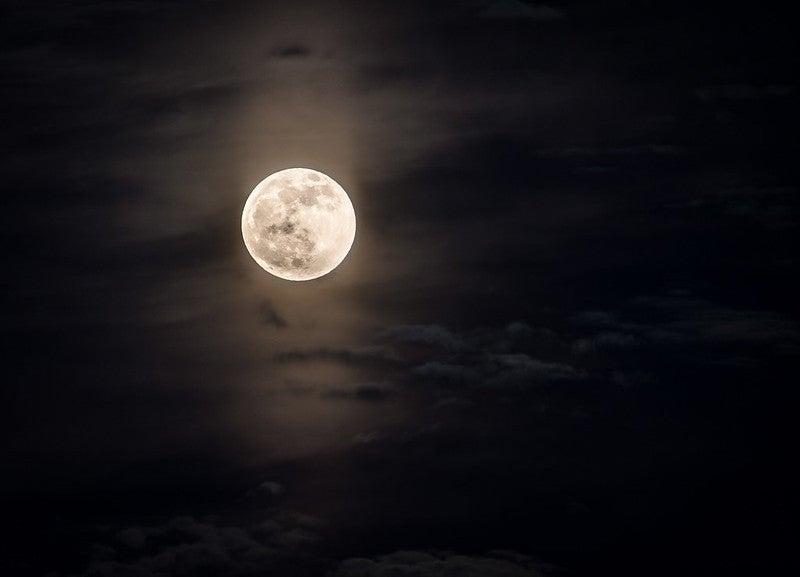
The Moon’s retreat is gradually lengthening Earth’s days. In 200 million years, Earth days may last 25 hours.
This change occurs due to tidal interactions between Earth and Moon. The process is similar to a spinning figure skater slowing down when extending their arms.
Wisconsin-Madison Study Reveals Ancient Moon-Earth Relationship
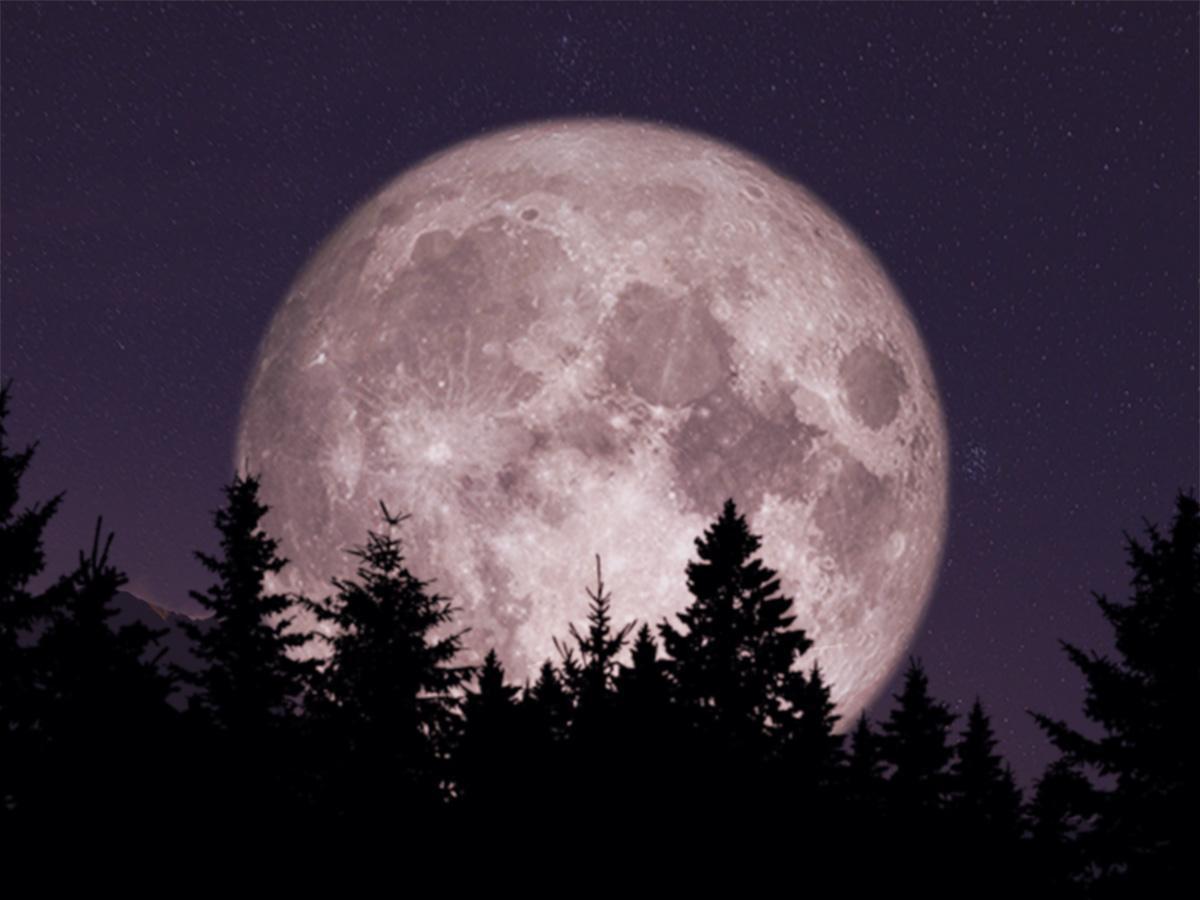
Researchers at the University of Wisconsin-Madison conducted a groundbreaking study. They analyzed 90-million-year-old rock formations.
The study provided insights into Earth-Moon interactions 1.4 billion years ago. This research contributes to our understanding of ancient geological time scales.
Astrochronology: Decoding Earth’s Distant Past
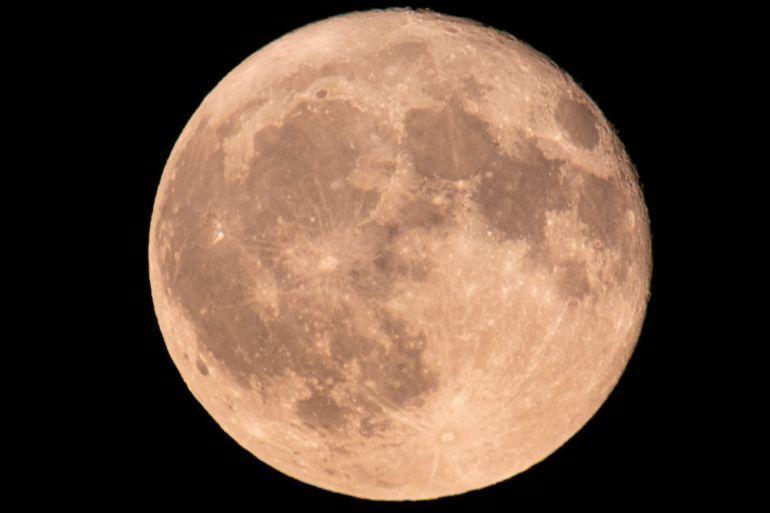
Scientists use astrochronology to study ancient geological processes. This method allows researchers to examine rocks billions of years old.
It compares ancient geological processes to modern ones. Astrochronology helps create accurate timelines for Earth’s distant past.
Tidal Forces: The Driver of Lunar Retreat
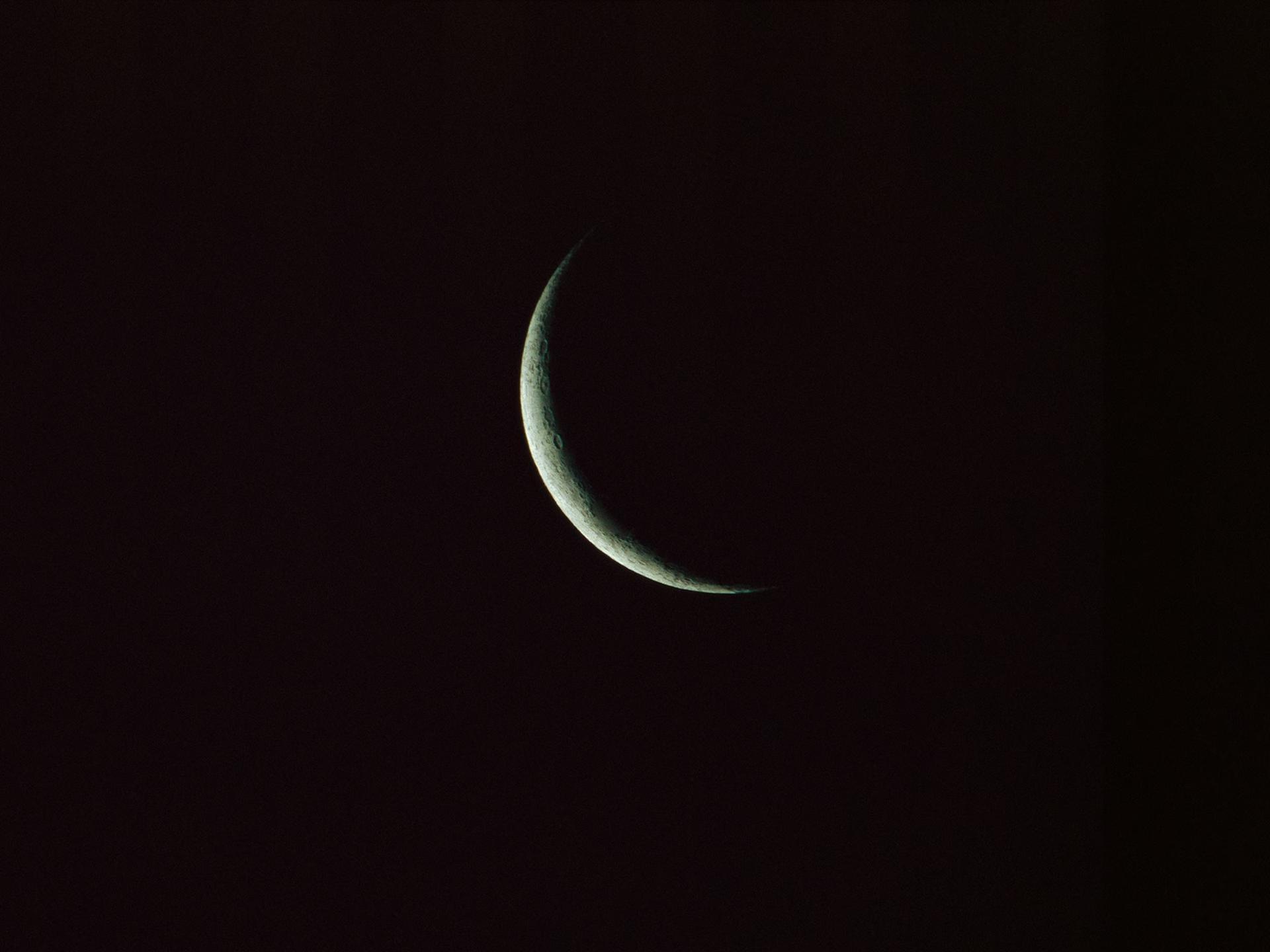
Tidal forces between Earth and Moon cause the lunar retreat. These forces transfer angular momentum from Earth to Moon.
The process has been ongoing for billions of years. It will continue until Earth and Moon become tidally locked.
Earth’s Rotation: Slowing Down Over Time
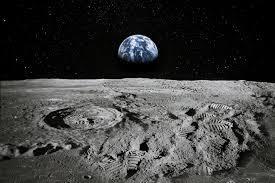
Earth’s rotation is gradually slowing due to lunar retreat. The planet’s rotational energy transfers to the Moon’s orbital energy.
This process lengthens Earth’s day by about 2.3 milliseconds per century. In the distant past, Earth’s days were significantly shorter.
Implications for Earth’s Climate and Ecosystems
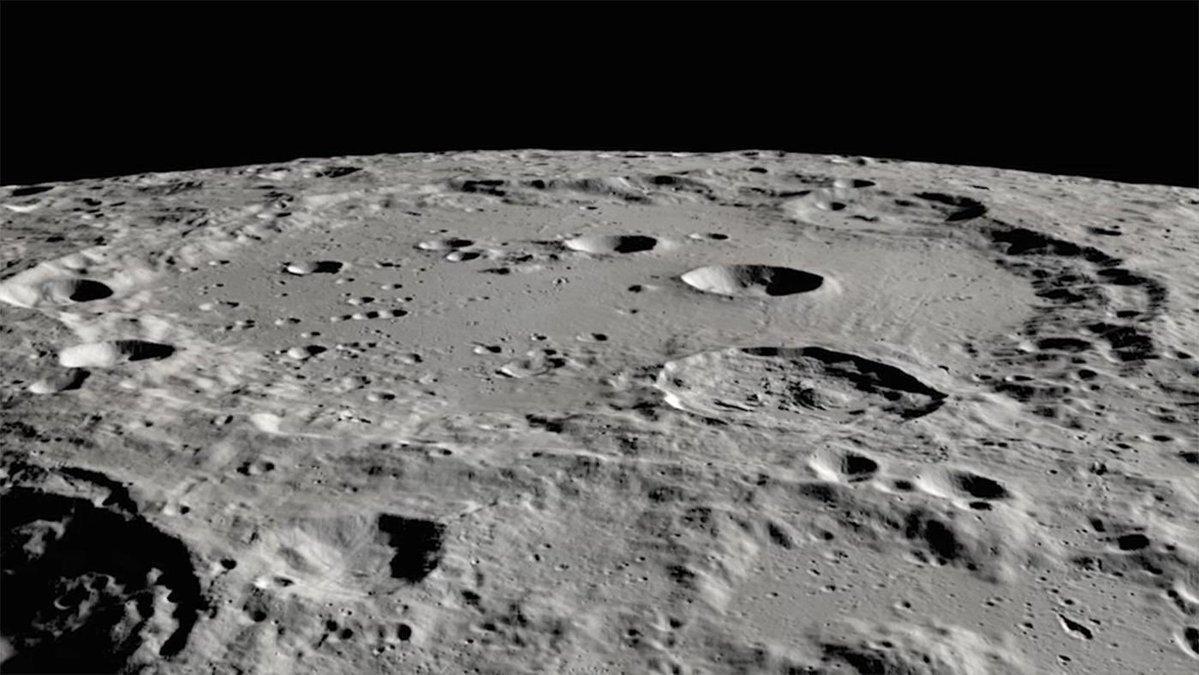
The changing day length affects Earth’s climate patterns. It influences oceanic and atmospheric circulation.
Longer days could impact plant and animal behaviors. These changes occur over millions of years, allowing for gradual adaptation.
Moon’s Formation: A Cosmic Collision
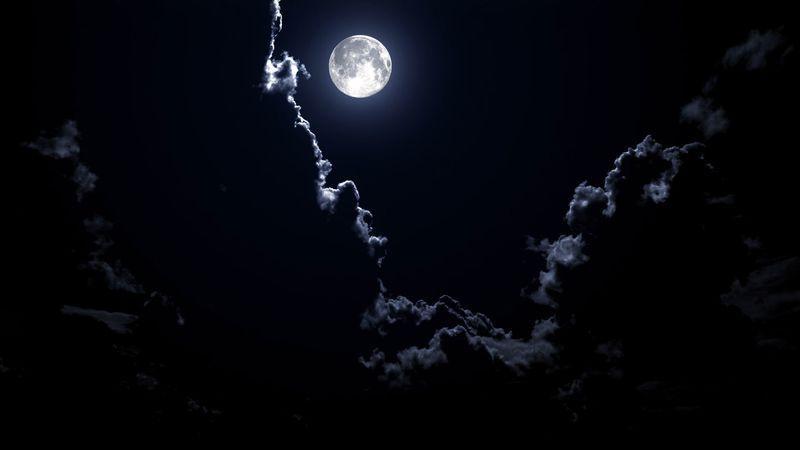
The Moon formed about 4.5 billion years ago. It resulted from a collision between Earth and a Mars-sized object.
This impact theory explains the Moon’s composition and orbit. The Moon started much closer to Earth and has been retreating ever since.
Lunar Retreat’s Impact on Earth’s Habitability
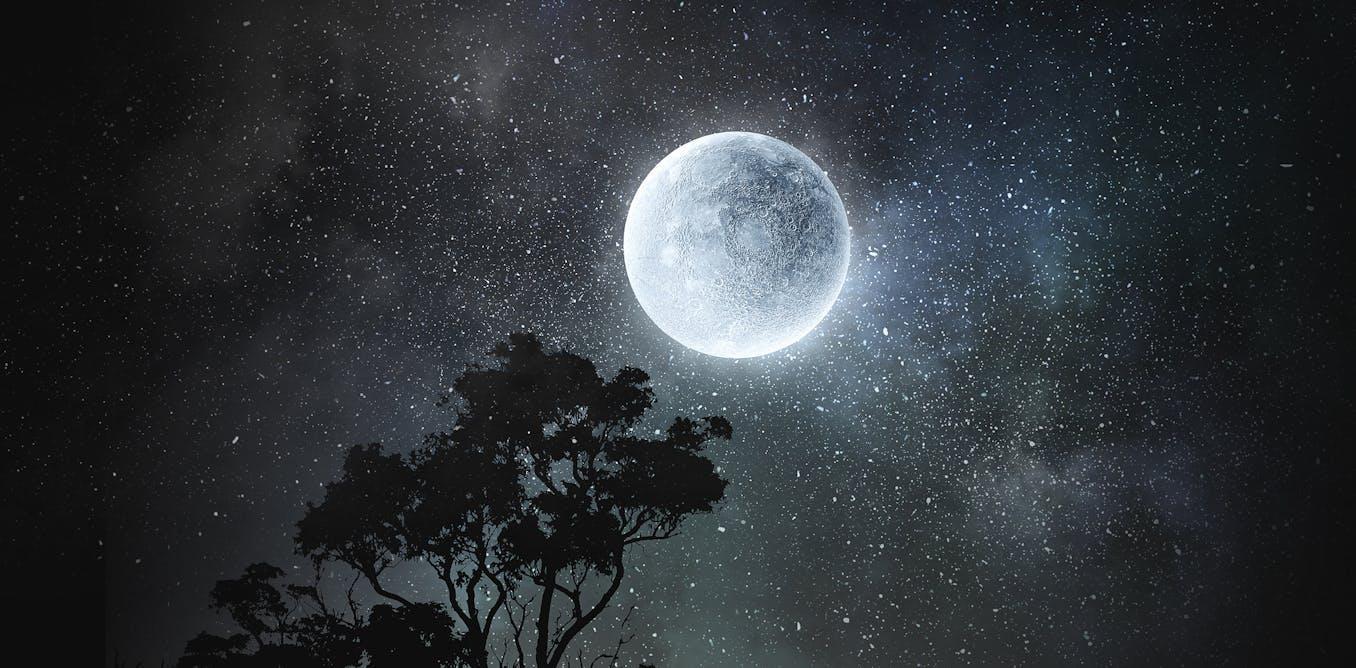
The Moon’s gravitational pull stabilizes Earth’s axial tilt. This stability is crucial for Earth’s climate and seasons.
As the Moon retreats, Earth’s axial wobble may increase. This could lead to more extreme climate variations in the very distant future.
China’s Lunar Exploration Uncovers Moon’s Secrets
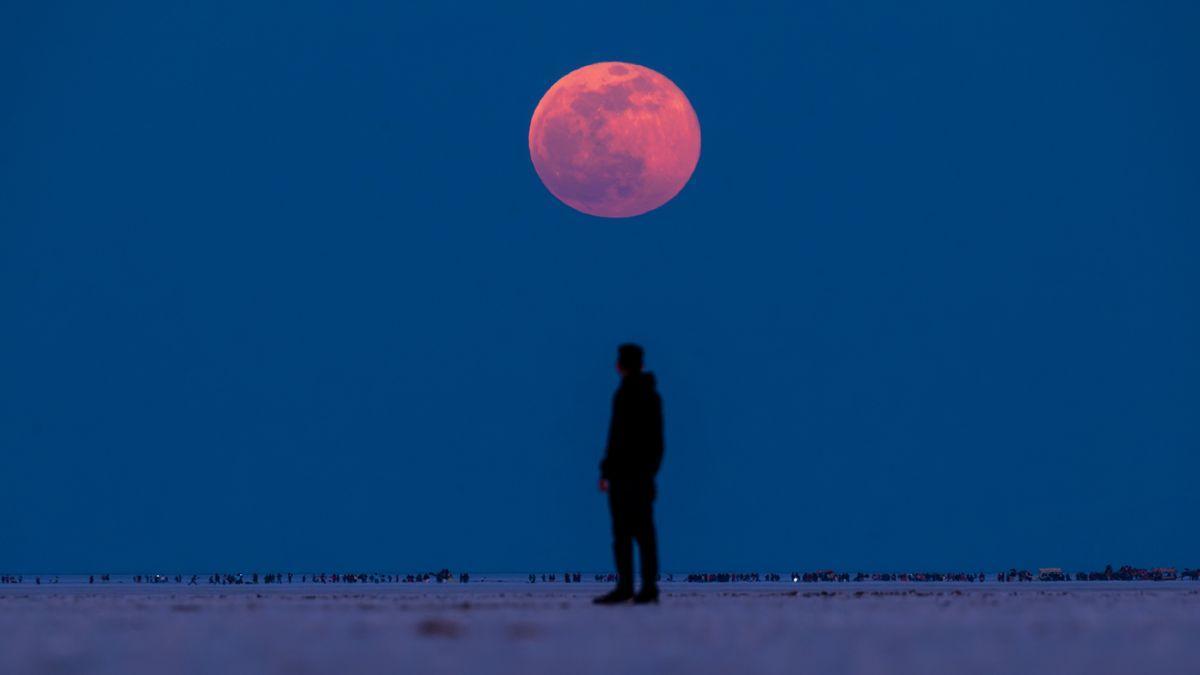
China’s space program has made significant lunar discoveries. Their missions have uncovered hidden structures beneath the Moon’s surface.
These findings provide insights into the Moon’s geological history. They contribute to our understanding of the Moon’s formation and evolution.
Tidal Forces: Moon’s Pull Shapes Our Oceans

The Moon’s gravitational pull creates Earth’s tides. It generates two tidal bulges, one facing the Moon and one on the opposite side.
Tides influence marine ecosystems and coastal geomorphology. On average, the difference between high and low tide is about 1 meter worldwide.
Lunar Recession: Earth’s Companion Slowly Drifts Away
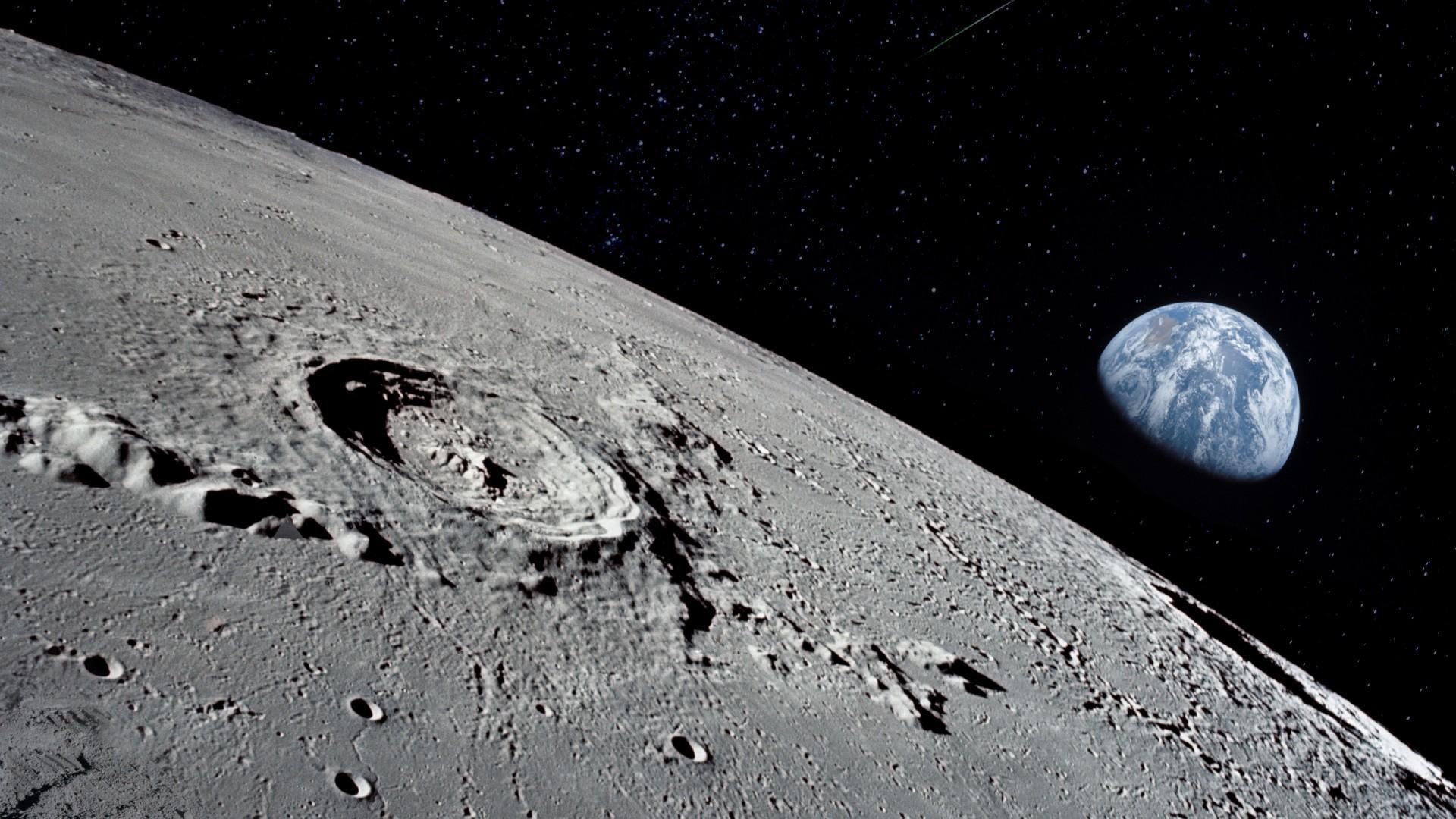
The Moon recedes from Earth at a rate of 3.8 cm per year. This recession slows Earth’s rotation, lengthening our days by about 2.3 milliseconds per century.
The Moon began its orbit much closer to Earth 4.5 billion years ago. Scientists predict the Moon will continue to recede for another 50 billion years.
Axial Tilt Stabilization: Moon Keeps Earth Balanced
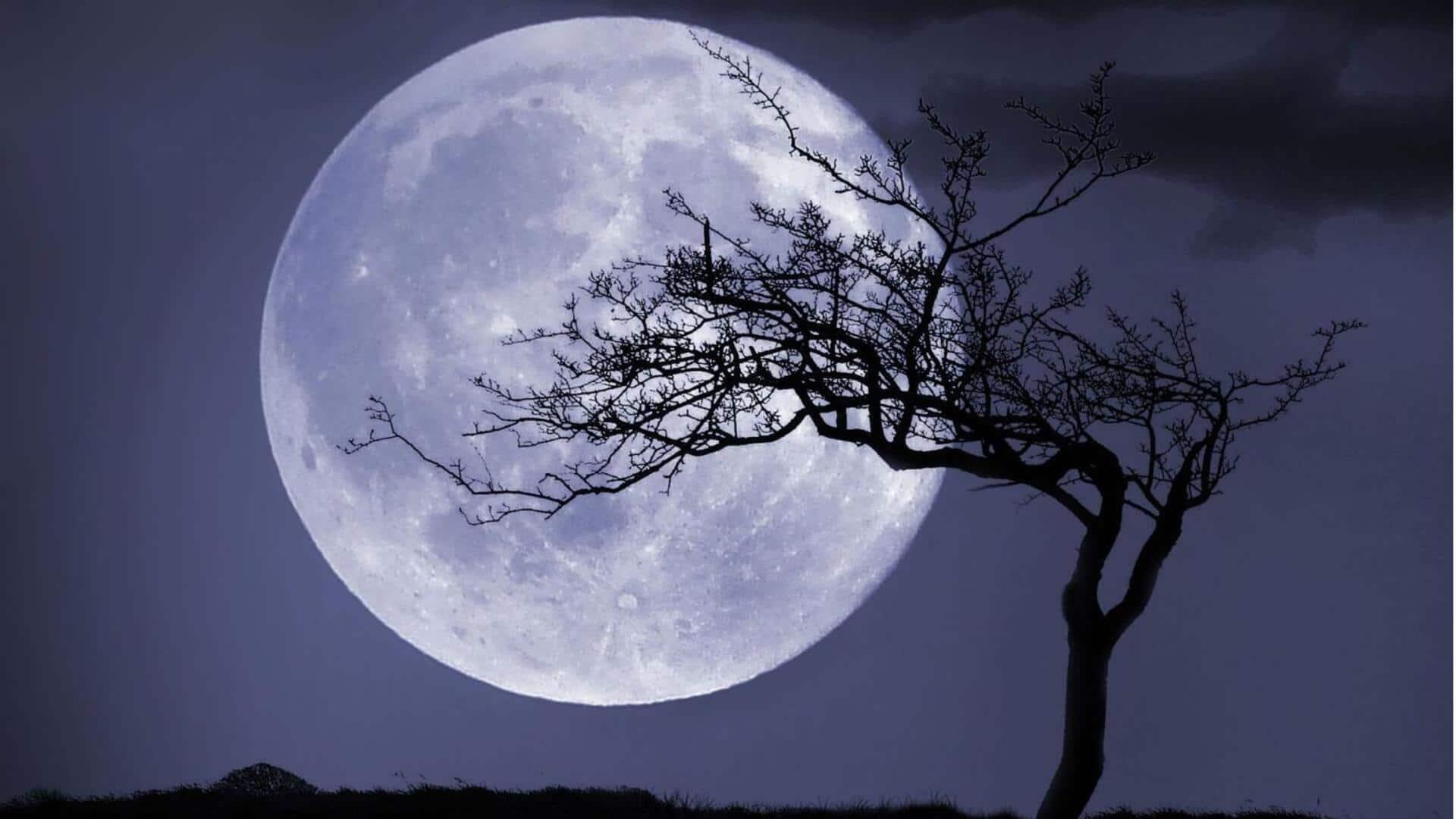
The Moon stabilizes Earth’s axial tilt at about 23.5 degrees. This stability ensures relatively consistent seasons and climate patterns.
Without the Moon, Earth’s axis could wobble chaotically between 0 and 85 degrees. Mars, lacking a large moon, experiences extreme axial changes over millions of years.
Lunar Cycles: Moonlight Influences Biological Rhythms
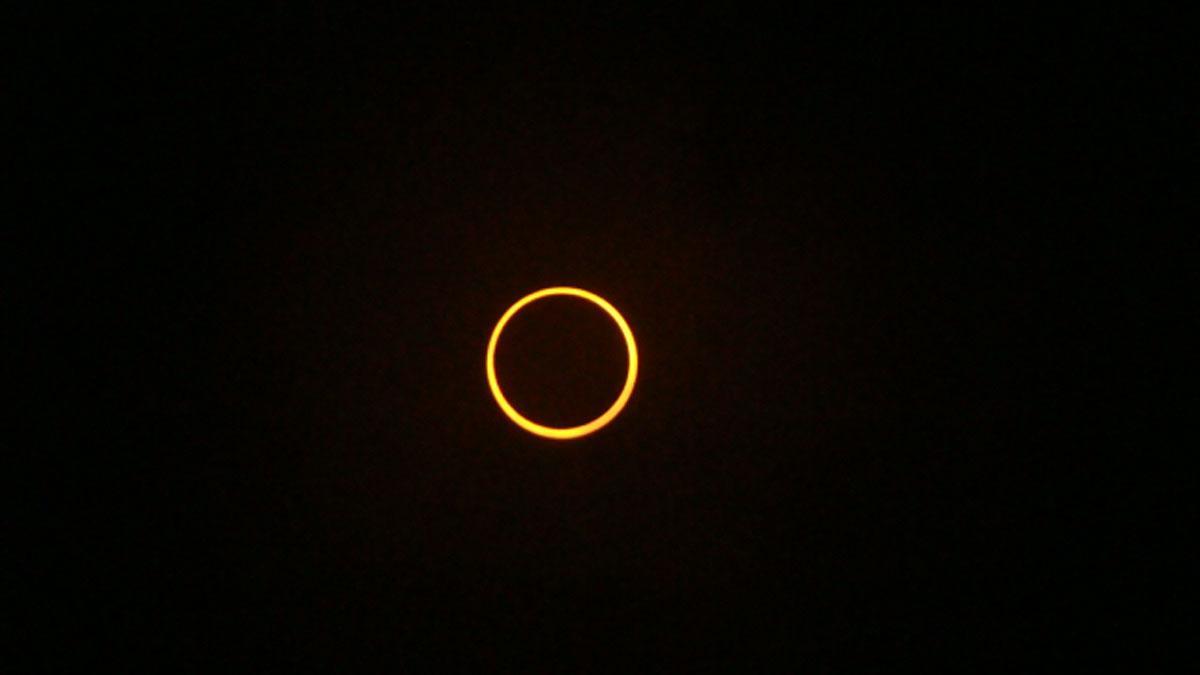
The Moon’s 29.5-day cycle affects various biological processes on Earth. Some marine animals time their reproduction with lunar phases.
Certain tree species show increased growth during full moons. Studies suggest human sleep patterns may be influenced by lunar cycles, with people sleeping 20 minutes less on average during full moons.
Orbital Stability: Moon Helps Keep Earth Habitable
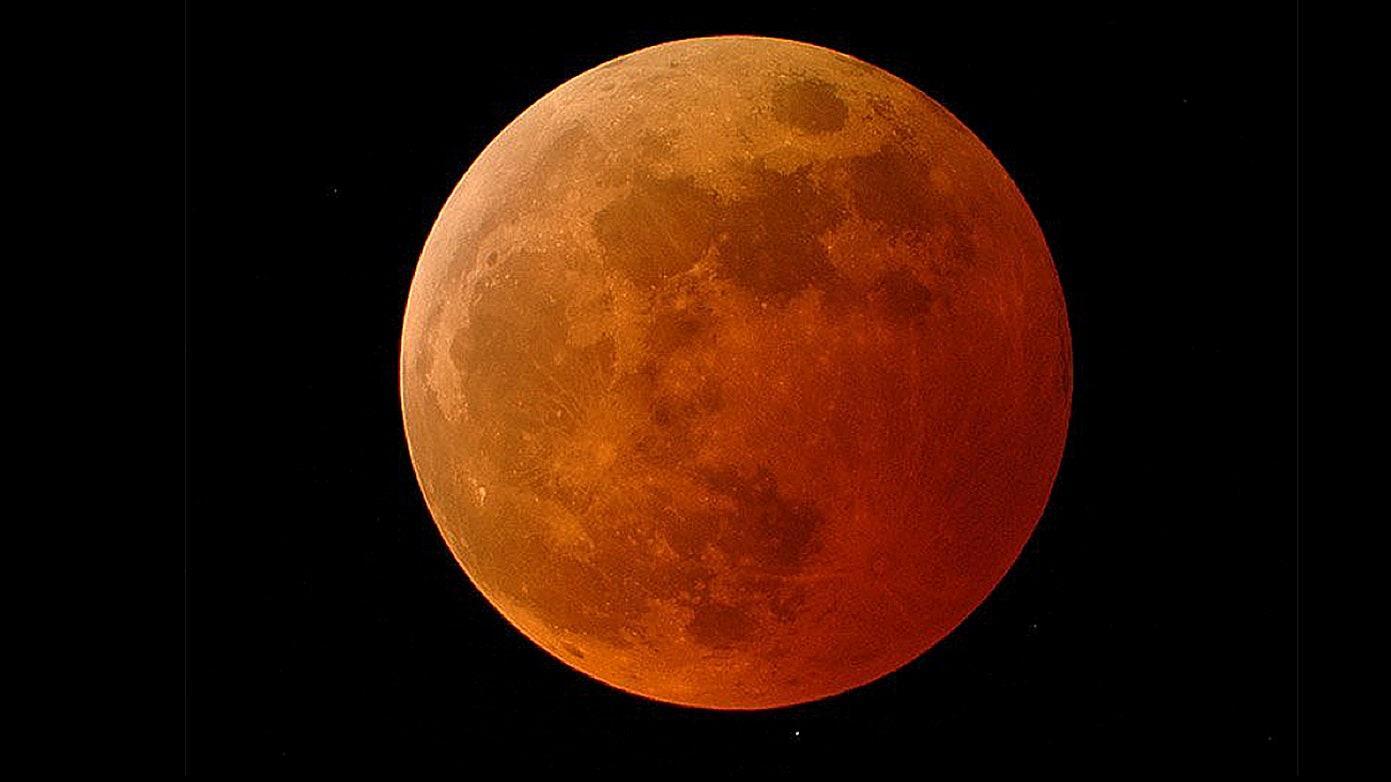
The Moon’s presence helps stabilize Earth’s orbit around the Sun. This stability contributes to Earth’s long-term climate consistency.
Computer simulations suggest that without the Moon, Earth’s axial tilt could vary by up to 85 degrees. Such extreme variations would create dramatic climate shifts, potentially making Earth uninhabitable.

